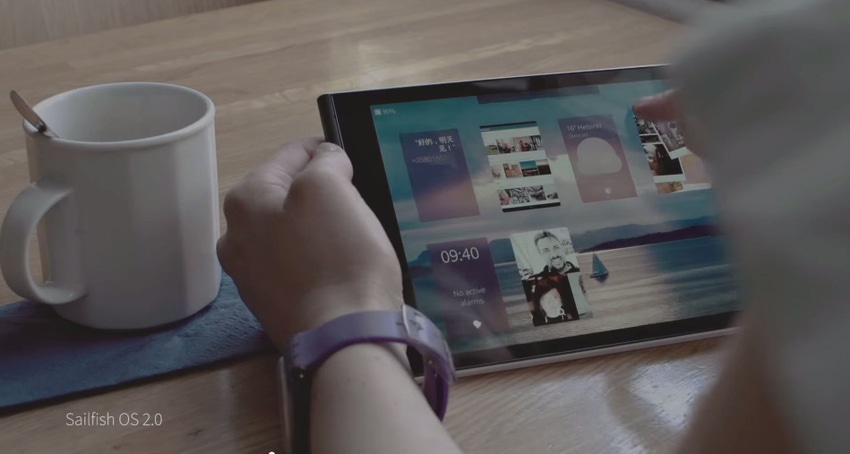Finnish mobile company Jolla has confirmed Intex Technologies, one of India’s largest smartphone manufacturers, will be the first licensing partner for its Sailfish 2.0 operating system.
July 16, 2015

Finnish mobile company Jolla has confirmed Intex Technologies, one of India’s largest smartphone manufacturers, will be the first licensing partner for its Sailfish 2.0 operating system.
Sailfish OS 2.0 is Jolla’s next generation mobile operating system, and is optimised for Qualcomm’s Snapdragon 200, 600 and 800 configurations to ensure it’s capable of supporting 4G LTE devices. Jolla claims Intex will be bringing Sailfish OS 2.0-enabled smartphones to market at some point in 2015.
Jolla’s executive chairman, Antti Saarnio, reckons India is bound to be one of the most important markets for mobile in the future.
“…we have been proceeding fastest in India, which is one of the most important markets in the future of mobile,” he said. “We have seen a lot of interest among Indian device vendors, digital media houses, and mobile operators, and they all are very keen to work with an alternative to the currently dominating mobile operating systems. India deserves its own regional mobile ecosystem, an open platform, which supports local Indian services and businesses.”
For all intents and purposes Jolla rose up from the ashes of Nokia’s aborted efforts on MeeGo when it went all-in on Windows Phone instead. Earlier this month, Microsoft essentially wrote off the entire Nokia acquisition by announcing a ‘restructure’ of its phone hardware business. Jolla meanwhile, made up of former Nokia software experts, is making a move into the emerging yet potentially lucrative Indian market.
Considering the outright dominance of iOS and Android in the mobile operating system marketplace, it’s unsurprising to see failed attempts by other players to capture some sort of respectable market share. WebOS, formerly of Palm now of LG, fell by the wayside and essentially amounts to a smart TV platform today; while Windows Phone and Blackberry OS never really mounted much of a challenge to Apple and Google – the former soon to be integrated into a converged-platform version of Windows 10.
Meanwhile there’s an emerging market for mobile operating systems addressing emerging markets, as it were. Tizen, owned by Samsung, Firefox OS and Sailfish 2.0 are in a nascent phase of existence, targeting territories such as India and Africa for low price-point but a high ratio of unconnected consumers. The potential for success is there, and it will be interesting to keep an eye on which platform, if any, emerges triumphant.
About the Author(s)
You May Also Like








.png?width=300&auto=webp&quality=80&disable=upscale)


_1.jpg?width=300&auto=webp&quality=80&disable=upscale)


.png?width=800&auto=webp&quality=80&disable=upscale)